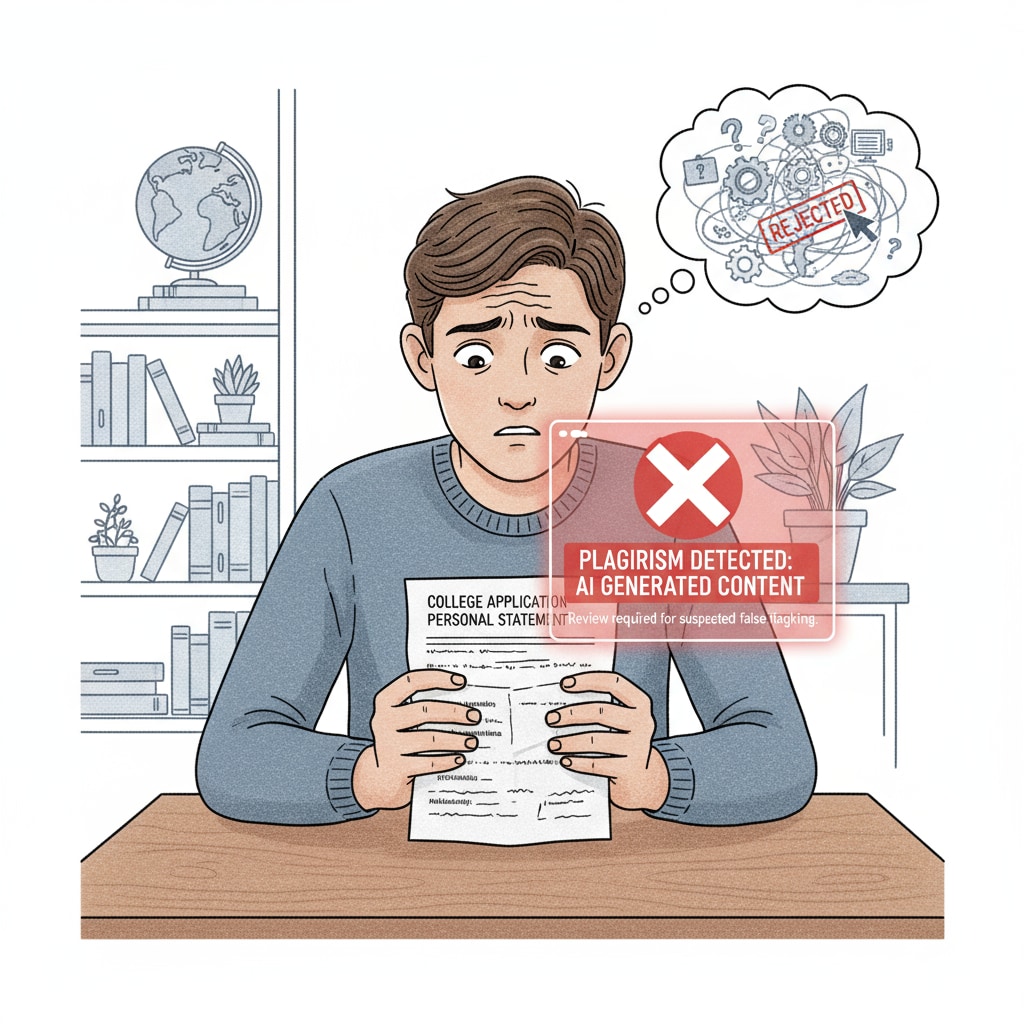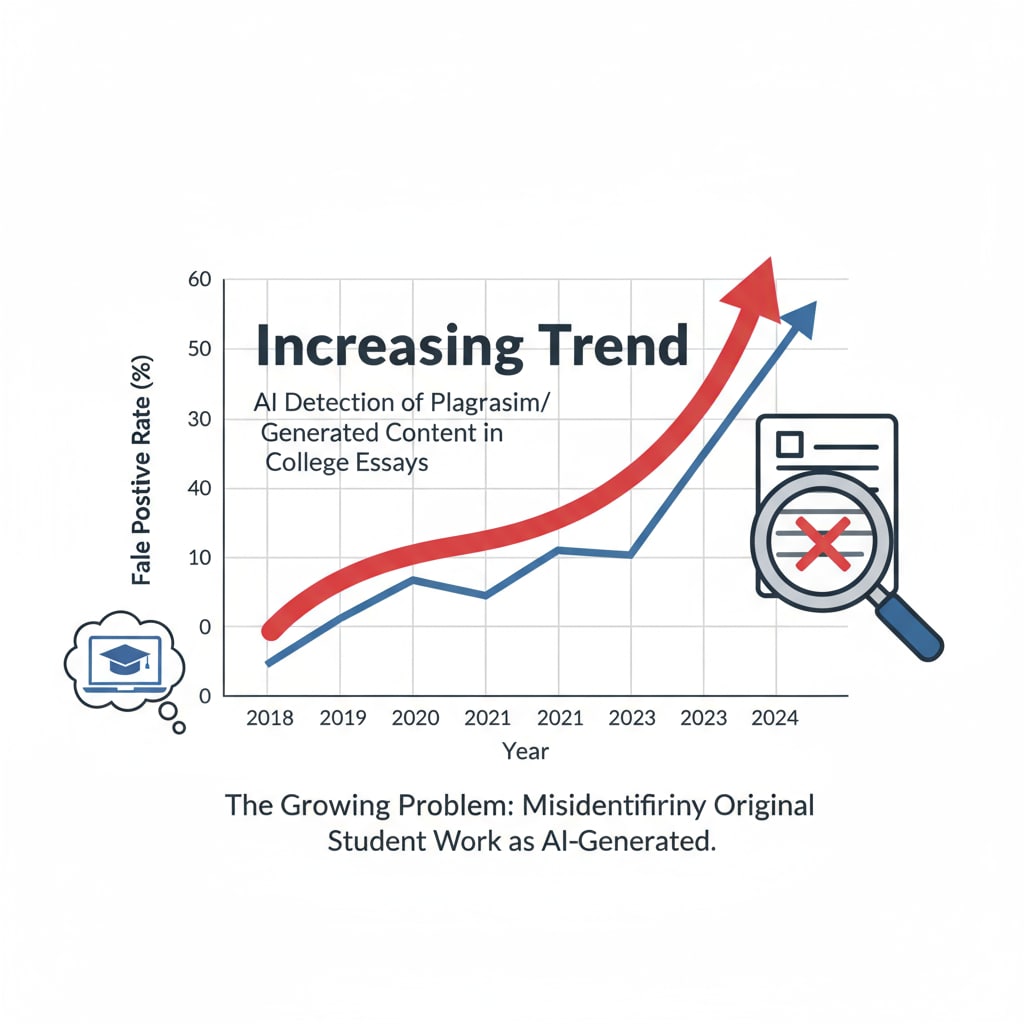The integration of AI in education has introduced a new set of challenges in college applications, specifically the issue of students’ authentic personal statements being mislabeled as AI-generated. This phenomenon has raised serious concerns among students and educators alike.

The Rise of AI Detection in College Admissions
With the increasing sophistication of AI writing tools, colleges and universities have started to implement AI detection systems to ensure the authenticity of applicants’ personal statements. These systems are designed to analyze various aspects of the text, such as language patterns, vocabulary usage, and sentence structure. For example, they might look for signs of overly perfect grammar or a lack of personal anecdotes that are typical of human-written pieces. According to Inside Higher Ed, many admissions offices are turning to these tools as a safeguard against potential AI fraud in applications.
Reasons Behind False Flagging
One of the main reasons for false flagging is the limitation of current AI detection algorithms. These algorithms are not yet perfect and may misinterpret certain writing styles or language choices as AI-generated. For instance, students who have a more polished writing style, perhaps due to extensive reading or writing practice, may be wrongly flagged. Another factor is the lack of context. AI detection systems often analyze text in isolation, without considering the applicant’s background, cultural influences, or educational experiences. As a result, unique expressions or cultural references that are part of a student’s authentic voice can be misread as artificial. The New York Times has reported on several cases where students with legitimate personal statements faced unjust suspicion.

The Impact on Students
The consequences for students whose personal statements are wrongly flagged can be severe. It can lead to their applications being unfairly rejected or at least delayed. This not only causes emotional distress but also undermines their hard work and academic achievements. For some students, it may even mean losing the opportunity to attend their dream college. Moreover, the stigma associated with being labeled as an AI user can have long-term implications for their academic and professional reputations.
Strategies for Mitigation
Educators can play a crucial role in helping students navigate this issue. They can provide guidance on how to write personal statements that are clearly distinguishable from AI-generated text. This includes emphasizing the importance of using personal anecdotes, unique perspectives, and natural language. Students, on the other hand, can keep records of their writing process, such as drafts and notes, to prove the authenticity of their work in case of any disputes. Additionally, colleges could consider implementing a more comprehensive review process that combines AI detection with human evaluation to reduce the chances of false flagging.
Readability guidance: By breaking down complex ideas into short paragraphs and using lists where appropriate, we aim to enhance readability. For instance, in the section on reasons for false flagging, we list the main factors. The use of transition words like “for example” and “moreover” helps to create a smooth flow. Also, by keeping passive voice to a minimum and controlling the length of sentences, we ensure that the article is accessible to a wide range of readers.


